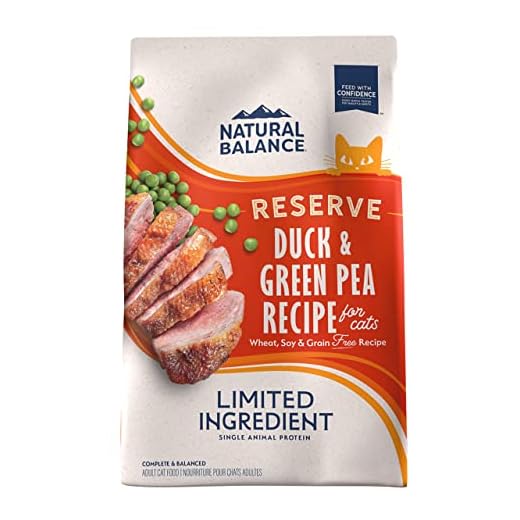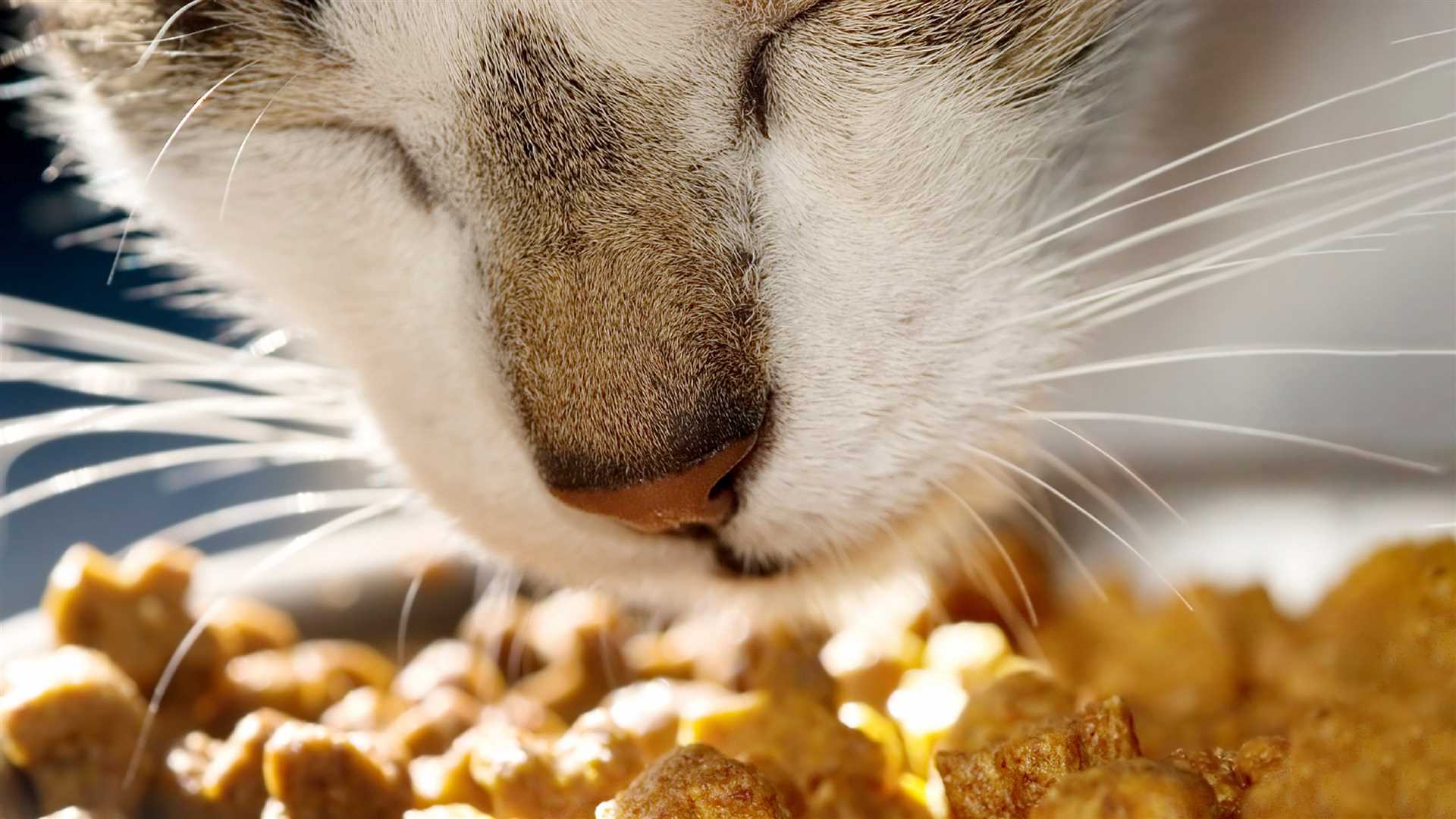



Yes, indulging in uncooked protein is not just a possibility; it’s a delightful experience for some furry friends like me! A protein-rich diet can truly enhance our energy and overall well-being. However, there are a few important points to keep in mind before diving into this culinary adventure.
First, sourcing high-quality options is non-negotiable. Always choose fresh, human-grade ingredients from reputable suppliers. This dramatically reduces the risk of harmful bacteria that can lead to illness. For example, organic chicken or beef can be excellent choices, provided they are handled with care.
Second, balance is key. A diet solely consisting of uncooked protein may lack essential nutrients. Incorporating organs, bones, and even some veggies can create a more rounded meal. Consulting with a vet or a pet nutrition expert is advisable to ensure that all nutritional needs are met.
Lastly, gradual introduction is crucial. Start with small portions to see how your digestive system adjusts. This approach helps prevent gastrointestinal upset and allows you to monitor any adverse reactions.
So, if you’re considering this tasty treat for your own furry companion, make informed choices for a healthy and enjoyable dining experience!
Can House Cats Eat Raw Meat
Feeding my feline friends uncooked protein can be a contentious topic. While some believe it’s a natural choice, there are risks involved. Uncooked proteins may harbor bacteria like Salmonella or E. coli, which can lead to serious health issues. It’s crucial to ensure any food provided is fresh and sourced from reputable suppliers.
It’s also important to balance the diet. Uncooked protein should not make up the entirety of their meals. Supplementing with high-quality dry or wet food provides essential nutrients that may be lacking in a raw diet. Always consult with a veterinarian before making significant changes to feeding habits.
For those considering names for their grey companions, a fun list can be found here.
| Pros | Cons |
|---|---|
| Natural source of protein | Risk of bacterial contamination |
| Can enhance dental health | Potential nutrient imbalance |
| Variety in diet | May lead to digestive upset |
Understanding the Nutritional Needs of Feline Friends
Protein is a key player in my daily diet. I thrive on high-quality animal proteins, which are crucial for maintaining my muscle mass and overall health. Aim for a diet that includes a variety of protein sources to ensure a balanced nutrient intake.
Fats are another important element. They provide energy and support the absorption of fat-soluble vitamins. Look for healthy fats from fish oil or poultry, which contribute to a shiny coat and healthy skin.
My meals should also contain essential vitamins and minerals. These nutrients play a vital role in various bodily functions, including immune support and bone health. Key vitamins include:
- Vitamin A
- Vitamin D
- Vitamin E
Don’t forget about taurine! This amino acid is vital for heart and eye health. A deficiency can lead to serious health issues, so ensure it’s included in my food.
Water intake is equally important. Hydration helps with digestion and overall bodily functions. Wet food can be a great source of moisture, while fresh water should always be available.
Always consult with a veterinarian to tailor my diet according to my specific needs, lifestyle, and any health concerns. Keeping an eye on my nutritional balance is key to a happy and healthy life!
Potential Risks of Feeding Raw Meat to Cats
Feeding uncooked protein sources can lead to significant health issues. Bacteria such as Salmonella and Escherichia coli can inhabit these food types, posing a serious threat of gastrointestinal infections. Symptoms may include vomiting, diarrhea, and lethargy. In severe cases, these infections can result in hospitalization.
Another concern involves nutrient imbalances. Uncooked protein lacks certain essential elements, including taurine, which is crucial for heart and eye health. A diet lacking in these nutrients can lead to serious health complications over time.
Parasites are also a risk. Items like Toxoplasma and Trichinella can be present in uncooked animal products, leading to further health complications. These parasites can cause various diseases, some of which may be severe or even fatal.
Before introducing any unconventional food into my routine, consulting a veterinarian is vital. They can provide guidance tailored to my specific needs and help avoid potential pitfalls associated with feeding uncooked protein sources.
Safe Types of Raw Protein for Felines
Chicken, specifically the breast and thighs, provides a lean source of nourishment. Always ensure it’s fresh and free from any seasoning. Turkey is another excellent option, similar in benefits to chicken but offering a different flavor profile. Ground turkey can be convenient, just confirm it’s unseasoned.
Beef is a good choice, especially cuts like sirloin or flank steak. These should be finely diced or ground before serving. Avoid fatty cuts, as they can lead to digestive issues. Lamb is also safe, offering a rich taste and high protein content; however, ensure it comes from a trusted source.
Fish like salmon and sardines can be included, but moderation is key due to potential mercury content. Always serve fish raw after confirming it’s sushi-grade. Additionally, avoid species high in toxins, such as tuna. Rabbit is a lean alternative, often favored for its nutrient density and palatability.
Organ meats, such as liver, are packed with vitamins but should be served in small amounts due to their richness. Always introduce any new protein gradually, monitoring for any adverse reactions. Prioritize sourcing from reputable suppliers to ensure safety and quality.
How to Properly Prepare Raw Meat for Cats
When preparing uncooked protein for my meals, cleanliness and safety are paramount. Follow these steps to ensure a safe dining experience.
1. Choose the Right Type
- Select high-quality sources from reputable suppliers.
- Opt for lean cuts to avoid excess fat.
- Consider chicken, turkey, or rabbit as good options.
2. Handling and Hygiene
- Wash hands thoroughly before handling any products.
- Use clean utensils and cutting boards dedicated to raw food.
- Avoid cross-contamination with other foods.
3. Proper Storage
- Keep uncooked items in the refrigerator at 32°F to 40°F (0°C to 4°C).
- Freeze portions if not used within a couple of days.
- Thaw in the fridge, not at room temperature.
4. Supplementation
- Consider adding necessary vitamins or minerals as recommended by a vet.
- Balance the diet with appropriate nutrients for optimal health.
After preparing a delicious meal, I enjoy it without worry! For those interested in enhancing their home setups, check out my favorite best stationary air compressor for all your needs.
Signs of Foodborne Illness in Felines
If something feels off, it’s essential to observe specific signs indicating a potential foodborne illness. Watch for vomiting, diarrhea, or changes in appetite. These symptoms can emerge within hours after consuming contaminated food.
Common Indicators
Look for lethargy; if I seem less energetic than usual, it might be a red flag. Additionally, pay attention to any unusual behavior, such as hiding or excessive grooming. A sudden change in my drinking habits, either excessive thirst or reluctance to drink, can also signal distress.
Further Symptoms
Be alert for any signs of discomfort, like abdominal pain or sensitivity. If I vocalize more than usual or avoid being touched, something might not be right. Keep an eye on my coat; a dull or unkempt appearance can indicate health issues. If you notice any of these signs, consulting a veterinarian promptly is the best course of action.
Alternatives to Raw Meat in a Cat’s Diet
High-quality commercial cat food provides balanced nutrition tailored for felines. Look for brands that list real animal protein as the first ingredient and meet AAFCO standards. Wet food can increase hydration, which is essential for overall health.
Cooked poultry, such as chicken or turkey, serves as a safe alternative. Ensure all bones are removed and it’s seasoned minimally. Steamed fish like salmon or tuna can be a tasty treat, but should not be the mainstay due to potential mercury content.
Incorporating organ meats, like liver or heart, in moderation can enhance nutrient variety. These should be cooked to eliminate harmful bacteria while preserving essential nutrients.
Vegetables like carrots or peas can be offered in small amounts, providing fiber and additional vitamins. Always cook these to aid digestion. Commercially available treats made specifically for felines can also be a safe choice, as they are formulated to meet dietary needs.
Supplements can be considered if specific nutrients are lacking. Consult a veterinarian before adding anything new to ensure safety and appropriateness for individual health needs.
Consulting with a Veterinarian About Raw Diets
Always seek guidance from a veterinarian before making dietary changes. A professional can evaluate individual health needs and provide tailored recommendations. They consider factors such as age, weight, and any existing health conditions. Discuss the potential benefits and drawbacks of a diet consisting of uncooked animal proteins to ensure it’s appropriate for your specific situation.
Questions to Ask Your Veterinarian
Prepare a list of questions to maximize your consultation. Inquire about nutrient balance and whether supplementation is necessary. Ask about the safest sources of uncooked proteins and how to handle them to minimize contamination risks. Understanding the signs of adverse reactions is also critical. This information can help in monitoring health after dietary modifications.
Regular Check-Ups
Schedule regular check-ups to monitor health when introducing new dietary practices. Routine blood tests can identify deficiencies or health issues early on. Keeping an open line of communication with the veterinarian ensures that any emerging concerns can be addressed promptly.










